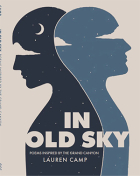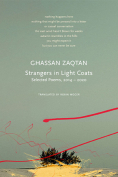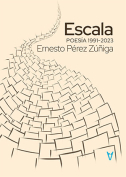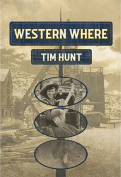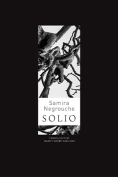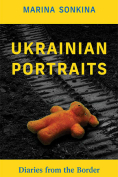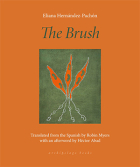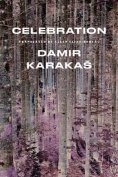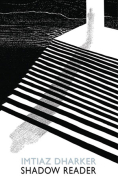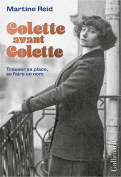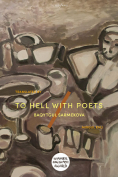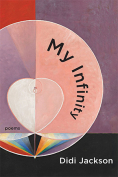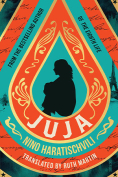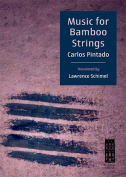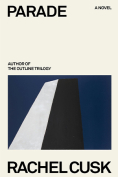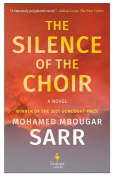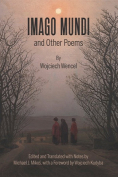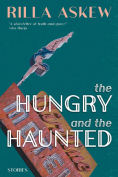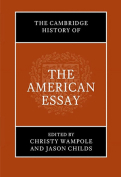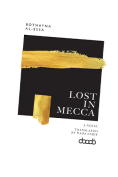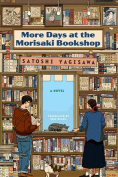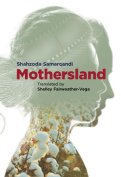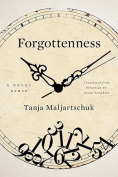Celebration by Damir Karakaš
 San Francisco. Two Lines Press. 2024. 120 pages.
San Francisco. Two Lines Press. 2024. 120 pages.
A leaf’s rustling. Branches mingling. In the distance, lightning strikes. Whispers. A felled log. A milkless breast. Dogs. Generations. A hawk. Water.
These are the contours of the distinct, muffled shriek that Damir Karakaš sustains in his novel Celebration. The novel opens with a barred homecoming: a man is hiding out in a forest overlooking his home, where he sees his wife and children partaking in quotidian tasks. It is 1945, and he is wearing the yellow-brown uniform of the Ustaše, a Croatian fascist organization. (Their name comes from the Serbo-Croatian word ustati, meaning to stand or rise up.) Although the Ustaše have managed for some time to violently uphold the project of a so-called racially pure Greater Croatia, they have just been overpowered. It is clear where the protagonist, Mijo, donning this particular uniform, now stands: “There were no soldiers, but there were people in the village who, eager to ingratiate themselves with the new authorities, might turn him in: there have always, he thought, been folks among us who, when they look in the mirror, see two faces.”
The four sections of the novel—House, Dogs, Celebration, Father—subsequently move from 1945 to 1935, 1941 to 1928, respectively, a seesawing that suits the alarm and relief of the story’s supporting roles of hypervigilance, hunger, nature, and love. The book’s brevity complements its thematic bravery as it stages the insulating horrors of poverty and its exploitation by fascism: “this is what hell looks like,” a character thinks, mirroring what this reader felt. Set in the region of Lika and spanning the 1920s to 1940s, its wide expanses hit up against the claustrophobic effects of hunger, to name one of the fundamental wants that the book describes with such nuance.
As with Jessica Au’s Cold Enough for Snow or Hanne Ørstavik’s Love, translated by Martin Aitken, reading Celebration is a deeply sensory experience. I can think of only a handful of other novels that were as psychically heavy as they were physically light, indicative of an experienced writer who knows to give the reader a chance to brave the book’s courageous steps. In other words: I had planned to finish the book in one sitting; I didn’t. Every little thing in this book moves, and it will move you, much as that usage of the verb incites a nails-on-chalkboard feeling within me. The moon and the stars watch along as the trees threaten to strangle Mijo.
And all to the tune of birdsong.
Ena Selimović
Arlington, Virginia
